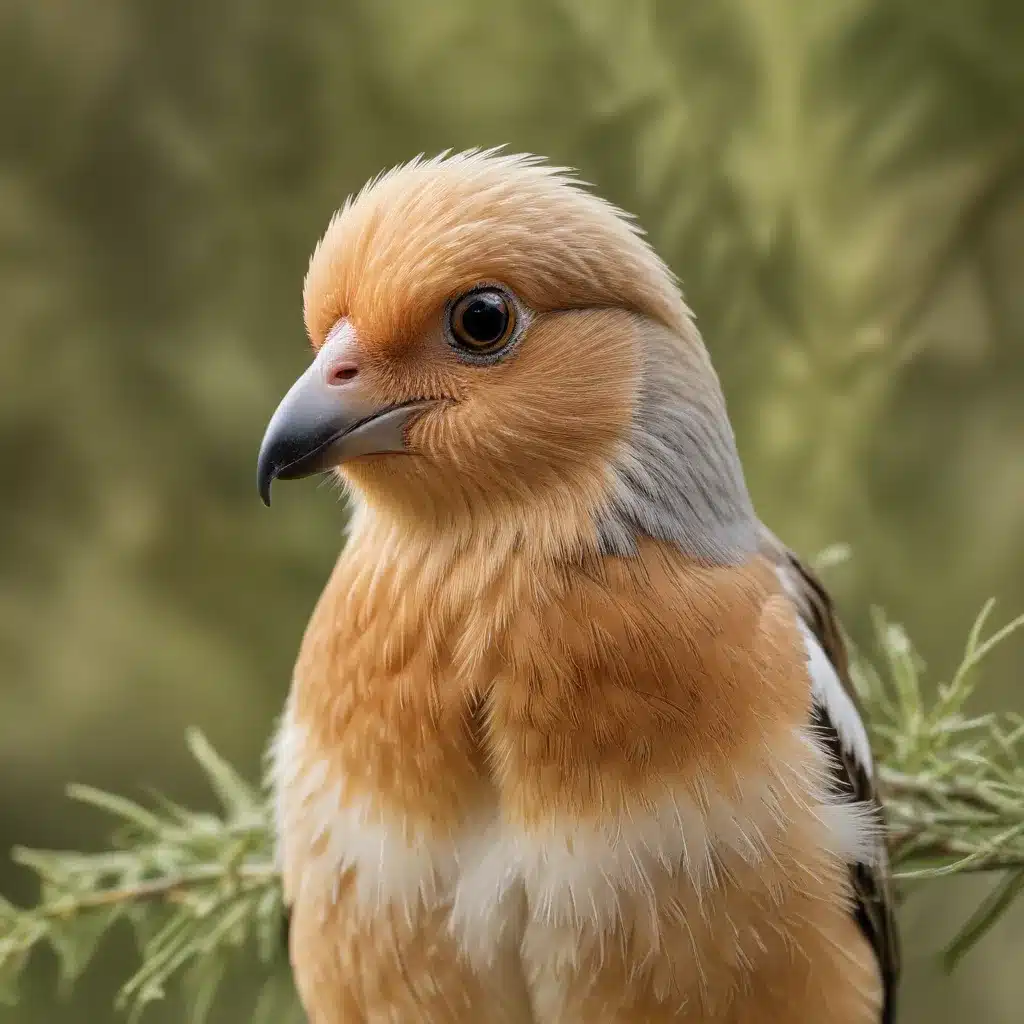
The Role of Veterinary Care in Bird Wellness: Ensuring Your Avian Friend’s Well-Being
As an experienced avian caretaker and expert in bird species, breeding, care, habitat setup, nutrition, health, training, exotic species management, behavior interpretation, adoption practices, enrichment techniques, safety protocols, seasonal care, FAQs, customer testimonials, bird rescue, product assessments, travel advice, debunking myths, and events/news in the avian community, I am thrilled to share my insights on the vital role of veterinary care in ensuring the well-being of your feathered companions.
Avian Health and Wellness
Birds are remarkable creatures, each with their own unique needs and sensitivities. Understanding the intricacies of avian anatomy and physiology is essential for providing them with the proper care and support they require.
Avian Anatomy and Physiology
Birds have a remarkable skeletal structure, with lightweight, hollow bones that enable them to take flight. Their respiratory system is highly efficient, with air sacs that facilitate the exchange of oxygen and carbon dioxide. Additionally, birds have a unique digestive system adapted to their varied diets, from nectar-feeding hummingbirds to seed-eating parrots.
Avian Nutrition and Diet
Proper nutrition is crucial for the overall health and well-being of birds. Each species has specific dietary requirements, ranging from the insectivorous needs of canaries to the fruit-based diets of toucans. Consulting with an experienced avian veterinarian can help you develop a balanced and tailored feeding regimen for your feathered friend.
Common Avian Diseases and Conditions
Birds are susceptible to a wide range of health issues, from viral and bacterial infections to metabolic disorders and musculoskeletal problems. Conditions like psittacosis, avian beak and feather disease, and fatty liver disease can have devastating effects if not promptly diagnosed and treated. Regular veterinary check-ups are essential for identifying and addressing these concerns before they become severe.
Veterinary Care for Birds
Ensuring the optimal health and well-being of your avian companion requires a proactive approach to veterinary care. From routine wellness visits to specialized treatments, your bird’s veterinarian is a crucial partner in maintaining their long-term health.
Routine Checkups and Preventive Care
Regular wellness examinations are the foundation of avian preventive care. These visits allow your veterinarian to assess your bird’s physical condition, monitor weight and growth, and identify any potential issues before they become serious. Preventive care also includes vaccinations, parasite control, and nutritional guidance to keep your feathered friend thriving.
Diagnosis and Treatment of Avian Ailments
Birds are skilled at hiding signs of illness, making prompt diagnosis and treatment critical. Your avian veterinarian is equipped with advanced diagnostic tools, such as blood work, imaging, and endoscopy, to uncover underlying health concerns and develop tailored treatment plans. From respiratory infections to orthopedic injuries, your veterinarian’s expertise is invaluable in restoring your bird’s well-being.
Specialized Avian Veterinary Services
In addition to routine care, avian veterinarians offer a wide range of specialized services to address the unique needs of birds. This may include surgical procedures, such as beak and feather trims, as well as behavior consultations and rehabilitation services to help your bird overcome challenges and thrive in their environment.
Avian Behavior and Environmental Needs
Understanding the intricacies of avian behavior and providing an appropriate living environment are essential for ensuring your bird’s overall well-being.
Understanding Avian Behavior
Birds are highly intelligent and social creatures, with complex behaviors that can vary greatly among species. Recognizing and addressing behavioral issues, such as feather plucking or excessive vocalizations, can help mitigate stress and improve the quality of life for your feathered companion.
Designing Appropriate Avian Habitats
The physical environment in which your bird resides plays a crucial role in their health and happiness. Factors like cage size, perch placement, temperature, and enrichment opportunities can significantly impact your bird’s well-being. Your avian veterinarian can provide guidance on creating a safe and stimulating habitat tailored to your bird’s specific needs.
Enrichment for Captive Birds
Providing appropriate enrichment activities is essential for preventing boredom and promoting natural behaviors in captive birds. This may include offering foraging toys, rotating novel objects, and encouraging social interaction, all of which can contribute to your bird’s overall mental and physical well-being.
Promoting Avian Well-Being
Ensuring the long-term health and happiness of your avian friend requires a comprehensive approach that encompasses regular veterinary care, environmental considerations, and a deep understanding of your bird’s unique needs.
The Role of Regular Veterinary Visits
Routine wellness exams, preventive care, and prompt attention to any health concerns are the cornerstones of promoting avian well-being. By establishing a strong partnership with your avian veterinarian, you can proactively address issues and ensure your bird receives the specialized care they require.
Recognizing and Addressing Stress in Birds
Stress can have a profound impact on a bird’s physical and emotional well-being. Identifying the signs of stress, such as feather plucking, decreased appetite, or changes in behavior, and taking steps to mitigate these factors can greatly improve your bird’s quality of life.
Advocating for Avian Welfare
As an avian caretaker, you play a crucial role in advocating for the well-being of birds. This may involve supporting ethical breeding practices, responsible ownership, and the protection of wild bird populations. By staying informed and engaged in the avian community, you can help shape a brighter future for our feathered friends.
By embracing the comprehensive approach to avian care, you can ensure that your feathered companion enjoys a long, healthy, and fulfilling life. Remember, your bird’s well-being is a shared responsibility, and by partnering with an experienced avian veterinarian, you can provide the specialized care and support your bird deserves. For more information on avian health and wellness, I encourage you to visit Mika Birds Farm and explore their wealth of resources.


